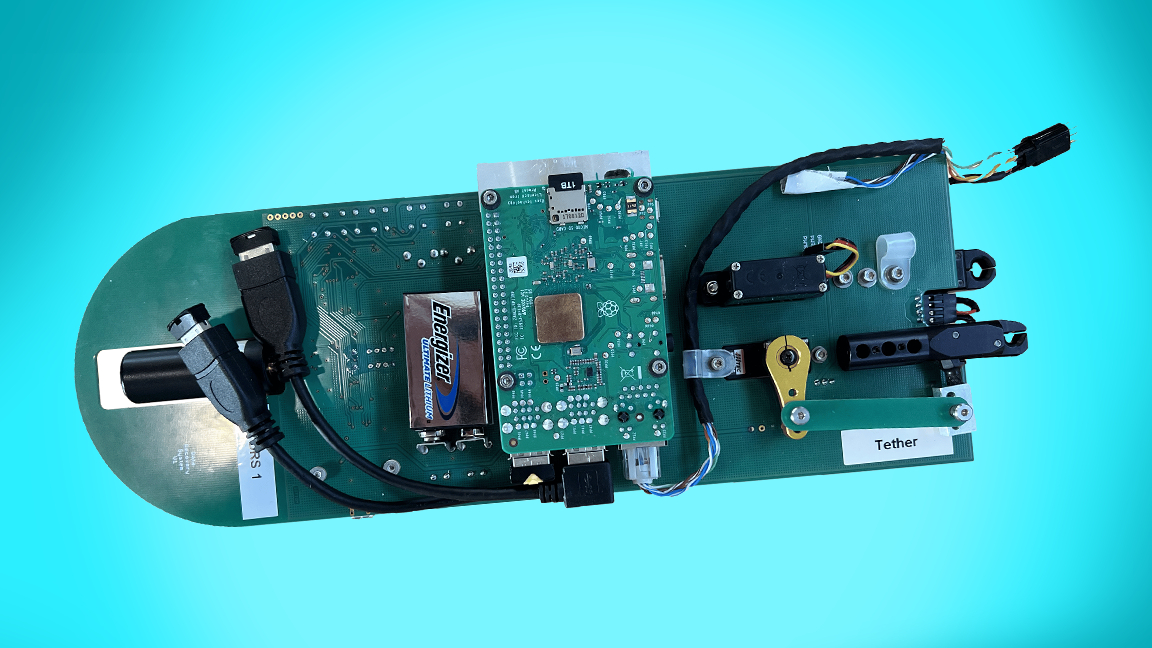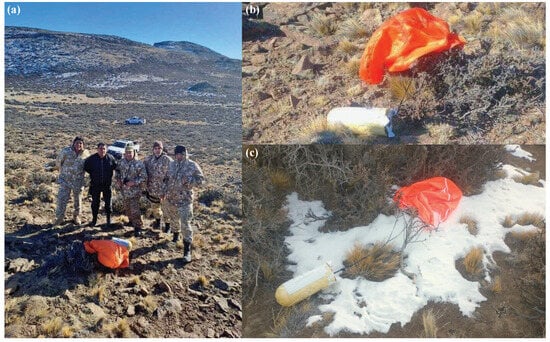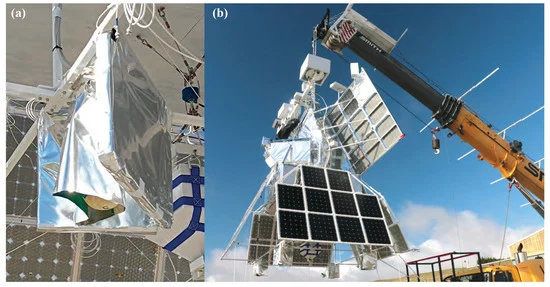
We're always excited to see the Raspberry Pi used in a professional setting, but what's even more exciting is seeing a Pi pop up in the field of science. Today, we have a cool project to share by a team of scientists at NASA who opted to use our favorite SBC to protect the data payload for their super-pressure balloon.
The project began in early April 2023 when the balloon traveled to the stratosphere carrying a SuperBIT telescope. This telescope was busy gathering data from around our home planet for a whole month. The team initially planned for this balloon to send data back to the team using SpaceX's Starlink constellation. However, when Starlink went down, they implemented a backup delivery method using our favorite SBC.
Unfortunately, the telescope was completely obliterated during the landing process except for the SSD used by the SuperBIT telescope. This ended up being redundant thanks to the data Pi-powered recovery capsules the team built just for this project. The Pis are responsible for backing up data collected by the SuperBIT telescope and these capsules can be launched separately from the balloon unit back to Earth.


Inside each capsule is a Raspberry Pi 3B connected to an SSD with a 5TB storage capacity. The capsules were also equipped with a parachute to ease the landing. They also use a Global Navigation Satellite System (GNSS) receiver and an Iridium short-burst data transceiver to find the capsules.
The plan was to release one capsule every 20 days starting on day 40. However, the team had to bring the SuperBIT project back down earlier, so they opted to release all capsules. Out of all four, two were successfully recovered as reported by their respective GPS coordinates.
This is a cool example of how the Raspberry Pi can fuel scientific endeavors and we’re excited to see it work out so well for the team. If you want to get a closer look at this Raspberry Pi project, you can find more details at MDPI.







